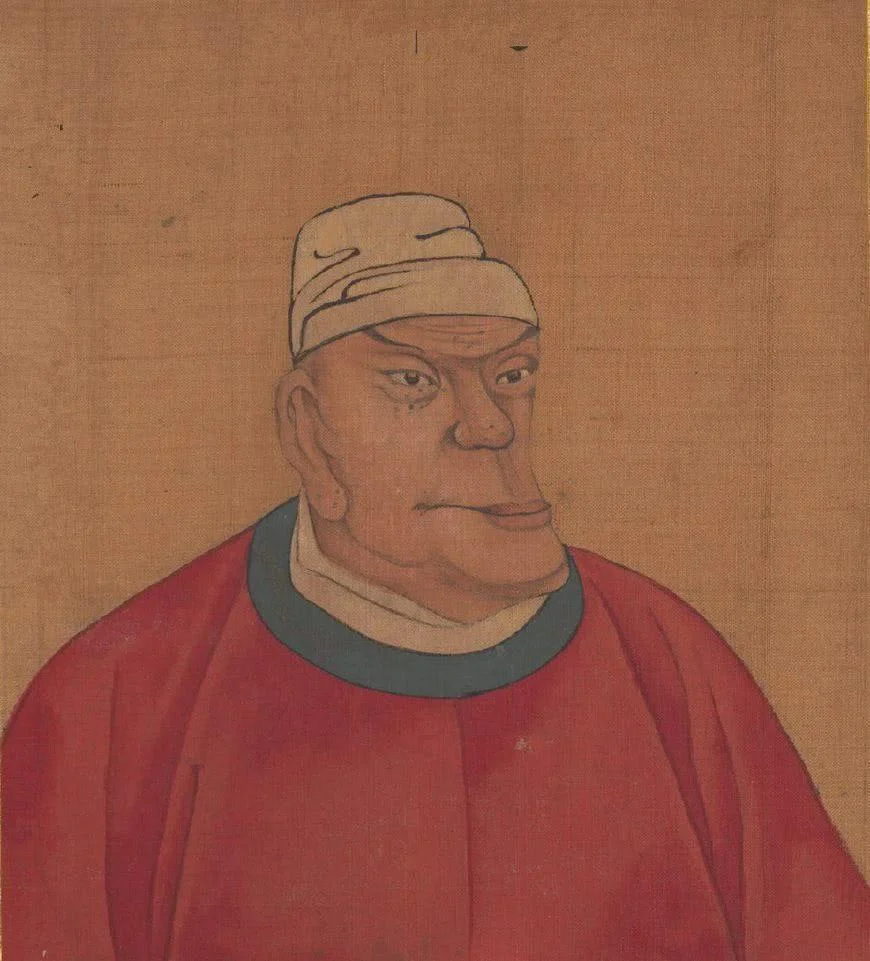Ari Kelman of the American history blog, Edge of the American West has sparked a a fascinating little debate with this question:
“Who’s the most important — meaning influential, as in, could play the lead in the book or movie version of, [Insert Name]: And How S/he Changed America — historical figure about whom most people know nothing?”
Ari’s call was then much discussed in the comments section of his own blog, and then picked up by others and given the old internet twirl.
It’s a fascinating question, notably because it can be deconstructed so many ways. What does it mean to be unheard of? How does one assess historical importance? For his own two cents, Professor Kelman suggested 19th century engineer James Eads. I’m a historian and I’ve not heard of him, though given my guffaw-producing attempts at joining American history seminars, this should hardly be surprising, and Ari makes a good case for his nominee.
If we were to expand the scope of the inquiry to cover the breadth and expanse of the human historical experience, the question becomes more difficult still. Furthermore, to argue relative importance in terms of a person whose life or actions had the greatest effect on the largest possible cross-section of humanity, it’s hard not to bring China into the equation.
Without getting into a ruckus over what constitutes “world history” (saving that for a different post), I propose a question: Who is the most important Chinese historical figure about whom most people (outside China) know nothing?
I’m going to kick things off and propose Zhu Yuanzhang, the founder of the Ming dynasty who coincidentally was coronated as the Hongwu Emperor 640 years ago this week. Not bad when you consider that the dynasty he founded ruled China for nearly half the time since.** The first commoner to take the throne in 1,500 years, Zhu instituted a number of changes that had lasting and profound effects on Chinese politics and society down to the 20th century. He centralized authority, exalted the position of the emperor beyond anything seen in the Tang or Song, overhauled the bureaucracy, and his fiscal policies created favorable conditions for the economic expansion of the 15th and 16th centuries. Moreover, his style of leadership–harsh punishments, voluminous regulations, paternalistic exhortations to his subjects to foster a harmonious society, an extreme dislike of intellectuals and the chattering classes, and a notably poor ability to take criticism–became a kind of template for later Chinese rulers. He didn’t invent any of these things, but he sure embraced them, and he did as much as anyone to make them a part of Chinese political culture.

